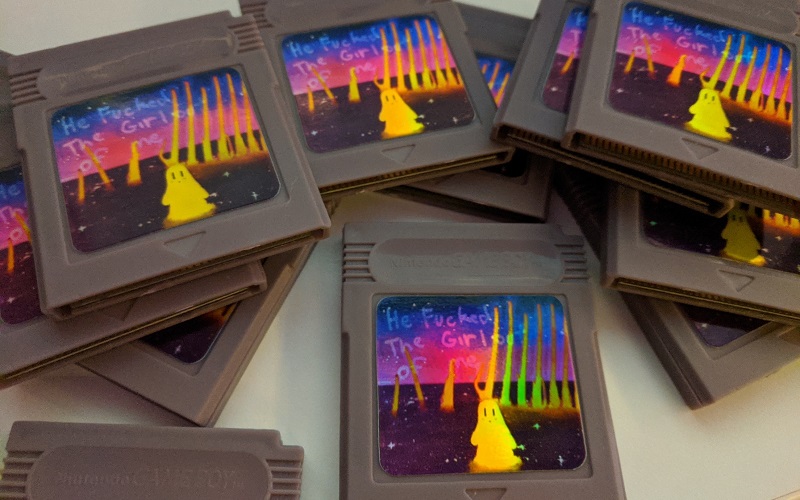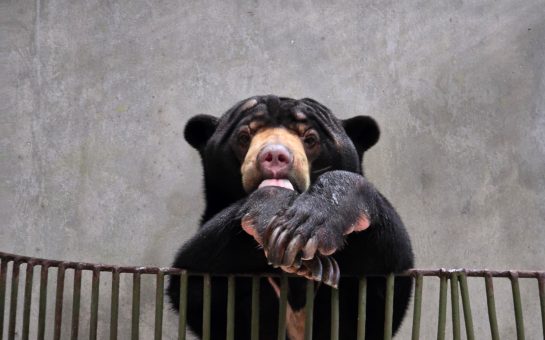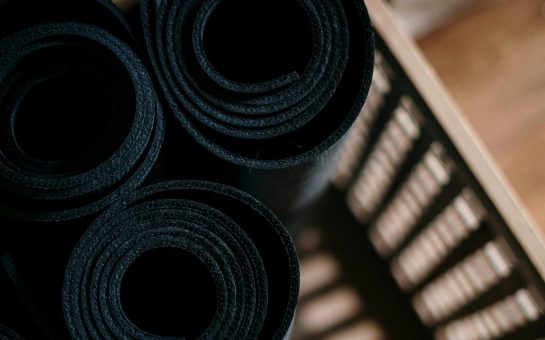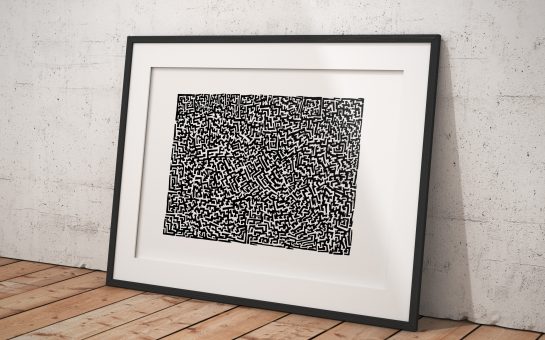CONTENT WARNING: transphobia, sex work, trauma, profanity
Ahead of the first ever interactive installations at London’s LGBTQ+ film festival, South West Londoner interviewed Taylor McCue, 33, developer of ‘He F***** The Girl Out Of Me’ (HFTGOOM).
Her work will be shown for free as part of BFI Flare Expanded at BFI Southbank, from Thursday to Sunday between 14:00-21:00 in the NFT2 Foyer & Atrium.
It was not designed for critical acclaim, McCue said, but to manage trauma from doing survival sex work to afford healthcare nearly 10 years ago.
“One of the best ways to deal with shame is to tell people whatever you are ashamed of,” she said.
Nervous to be interviewed, McCue soon opened up with her love of the craft – referencing famous horror games as creative inspirations and metaphors for her thought processes.
She won the International Documentary Film Festival Amsterdam (IDFA) DocLab Award for Digital Storytelling last year, and is a finalist for the Independent Games Festival (IDF) Nuovo Award.
Despite this, she still cannot afford health insurance.
Born in Arizona, McCue lived in Florida most of her life, briefly moving to New York to study before dropping out due to low mental health.
Research shows employment discrimination leads many American trans women to sex work to meet high healthcare costs.
This meant HFTGOOM’s entry in the BFI Flare confused McCue.
McCue said: “I know I should be more excited, but my brain can’t fathom all of these differences and I feel like I’m going insane.
“It’s like I’m in reverse-Silent Hill, where instead of everything being covered in rust, everything is covered in glitter.”
She added that growing transphobia in the UK did not clarify things.
“I’m from the southern United States, and even I look at the UK and go ‘what the hell dude?’”
The UK dropped from 10th to 14th place in the 2022 International Lesbian, Gay, Bisexual, Trans and Intersex Association Europe (ILGA-Europe) Rainbow Map, having come first in 2015.
ILGA-Europe said the drop was due to the UK equality body not protecting LGBTQ+ rights effectively, widespread anti-trans sentiment in media and politics, and the government setting aside its promised gender recognition reforms and conversion therapy ban.
Despite this, McCue said: “It’s really cool that a queer arcade could exist. I think we’re all going to maybe die horribly, but at least we got to have a cool arcade for a bit.”
McCue started making games in 2018 as a form of therapy.
She added: “You record yourself going through trauma in as much detail as you can, and you listen to it 10 million times until you can process it normally. Beta-testing meant I had to go through it a million times.”
She found games could replicate the psychology of trauma, through operant conditioning.
She also found they demonstrate the limits of autonomy, making players engage with multiple choice questions with only one answer and choosing dangers they want to avoid using safe rooms (citing Resident Evil as an inspiration.)
McCue received backlash for her work before, and feared HFTGOOM might be read as justifying the further repression of sex workers.
She said: “I’m sitting in this weird political problem where 10 million people are going to going to read this and each walk away with a different thing.
“People will use bad things as a reason to hurt people. I don’t want to contribute to that cycle.”
McCue programmed HFTGOOM for the Nintendo GameBoy, hacking it onto bootleg cartridges to protect it from potential future censorship.
“We’re heading into some dark years – I think the internet might get censored more. I view them as a way to help give the work I make a chance of survival,” she said.
McCue added she was building custom consoles to host HFTGOOM at both BFI Flare in London and IDF in San Francisco later this month, showing the rigs over Zoom.
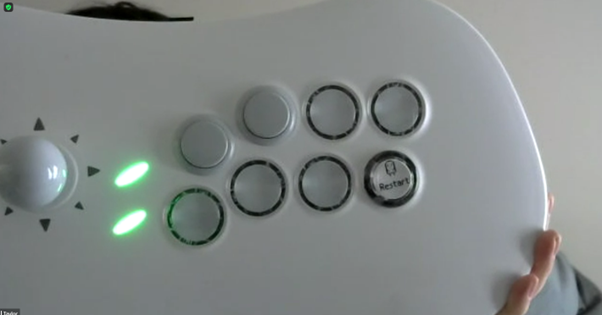
She added that she is working on a new game as a personal project.
She said: “The basic mechanic is a gender apocalypse happens, but only cisgender people die. I am tired of people writing stories where all men die or all women die, then pause to think ‘hmm, how does this affect trans people?’
“It’s going to be really unpopular, but that’s okay because I’m making it for my sake.”
Despite her financial challenges, McCue said she rarely monetises her work, but instead helps organise the Queer Games Bundle for developers to sell together and split money between them.
“I honestly feel a lot better doing that stuff because then it’s not like it’s me getting the money – it doesn’t feel as violating,” she said.
She also considered releasing two versions of the game in development – one free for all ages and a $5, 18+ version.
Featured image by: Taylor McCue
